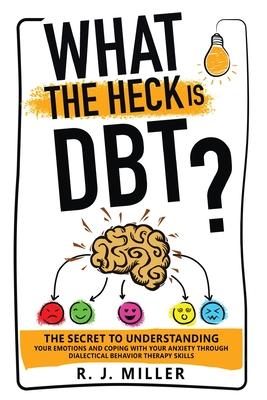You are an adult! It's incredibly frustrating that you have got to this stage of your life, and you can't communicate without losing your rage. But when this impacts your entire life, it's time to change!
One drink seems like a typical, sociable idea. But that one drink turns into several. One second you are happy and having a great time; the next, you feel like like a bull in a China shop. Inevitably, you argue with someone!
This is just one of the hundreds of scenarios that could occur when intense emotions arise and take control of every rational part of your body.
At some point, social interactions are going to be a necessary part of our lives. Hiding from the rest of the world is appealing. But after a few days, boredom and emptiness will take over. If you aren't careful, this is just the beginning of destructive behaviors.
Is your boss noticing? Is your family concerned? Have you lost one too many relationships because of your mood?
Everyone needs a little help with their emotions. However, conditions like borderline personality disorder, PTSD, anxiety, and depression are going to make emotions even more difficult to manage.
In this guide to Dialectal Behavior Therapy, you will discover:
● How Marsha Lineham, the founder of Dialectal Behavior Therapy, changed how we
treat some of the most harmful mental health conditions
● What makes DBT different from other therapies due to its unique four principles
● How mindfulness, a 2,500-year-old practice, got its revival and became a crucial
part of DBT
● Six guided meditations to help overcome everything from fear of abandonment to
impulsive behavior-plus four other mindful practices
● The impacts of stress on the body and how one nerve can improve your tolerance to
distress
● Seven distress tolerance exercises to prepare you for an emotional crisis
● The meaning behind DBT acronyms life D.E.A.R.M.A.N. and F.A.S.T. that are going to
improve your social interactions
● How assertiveness and healthy boundaries will boost your interpersonal effectiveness
● Free exercises for social skills assessment and understanding emotional triggers
● What it takes to develop the idealized Wise Mind
● How to reframe negative thoughts into positive self-talk in 3 simple steps
If you don't want to waste another day not leading the life you deserve, then scroll up and click the "Add to Cart" button right now.
